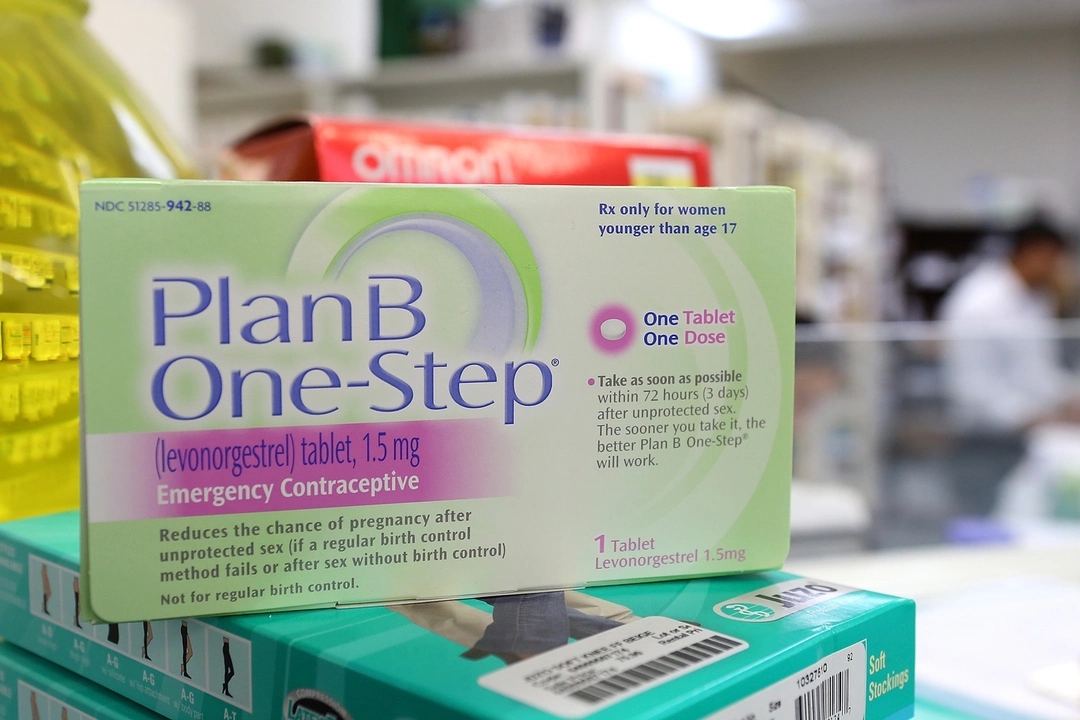Ethical Debate: Real Issues Shaping Medicine and Pharmacy
Ever wondered why some drug ads feel pushy or why patients sometimes question a prescription? Those moments spark ethical debates that affect every step of healthcare. Below we unpack the biggest questions you’re likely to run into.
When Does Profit Override Patient Care?
Pharma companies make billions, but that money can create tension between profit and safety. A classic case is when a brand pushes a new pill despite limited long‑term data. Doctors feel the pressure to prescribe because insurers favor cheaper generics, while patients worry about side effects. The debate boils down to: should revenue trump transparent risk information?
Who Owns Your Health Data?
Your medical records travel through apps, labs, and insurance portals. Each handoff raises a question – who can really use that data? Some argue sharing info speeds research, but others point out privacy breaches and targeted ads. The ethical line shifts as technology evolves, making it vital to know what you’re signing up for when you click “agree.”
Another hot topic is off‑label prescribing. Doctors sometimes recommend a drug for an unapproved use because they’ve seen success in practice. Patients benefit from new options, yet regulators worry about safety and liability. The debate forces the medical community to balance innovation with evidence.
Clinical trials also stir controversy. Recruiting participants often means offering compensation, but does that create undue influence? Critics say money can mask real risks for volunteers, while supporters claim it’s a fair way to thank people for their time. Understanding both sides helps you evaluate trial news without panic.
End‑of‑life decisions bring deep moral questions. Should doctors help patients end life with medication if they’re suffering? Some see it as respecting autonomy; others view it as crossing a line. Laws differ worldwide, and personal beliefs shape the conversation in every hospital hallway.
The rise of telemedicine has made care more accessible, but also raises concerns about quality control. A quick video consult saves time, yet you can’t run a full physical exam. The ethical balance is between convenience and thoroughness – a trade‑off patients must weigh daily.
Vaccination mandates stir heated debate each flu season. Public health experts argue herd immunity protects the vulnerable, while some individuals feel their freedom is being stripped away. The core question: how do we protect the many without trampling on personal choice?
Prescription drug pricing is another flashpoint. When a life‑saving medication costs thousands, patients wonder if it’s fair. Companies say research costs justify high prices, but critics highlight profit margins that far exceed R&D expenses. The ethical puzzle asks whether health should be a commodity.
Finally, consider the role of artificial intelligence in diagnosis. AI can spot patterns humans miss, yet algorithms inherit biases from their training data. If an AI misdiagnoses because of biased input, who’s responsible? Doctors, developers, or the system itself?
Every ethical debate in healthcare circles back to trust – between patients, providers, and the industry. By staying informed about these issues, you can ask better questions, demand clearer answers, and play an active role in shaping a fairer health landscape.
The Ethical Debate Surrounding Levonorgestrel BP and Emergency Contraception
In recent times, there has been a growing ethical debate surrounding Levonorgestrel BP and its use in emergency contraception. As a blogger, I have observed that some people argue it prevents unwanted pregnancies, thus reducing the number of abortions. On the other hand, critics say it infringes on the sanctity of life as it may prevent a fertilized egg from implanting in the uterus. This debate often boils down to personal beliefs and values, and it's essential to respect differing opinions while promoting open discussion. I believe it's crucial to continue educating ourselves and engaging in respectful conversation to understand and navigate the ethical implications of emergency contraception better.
read more

